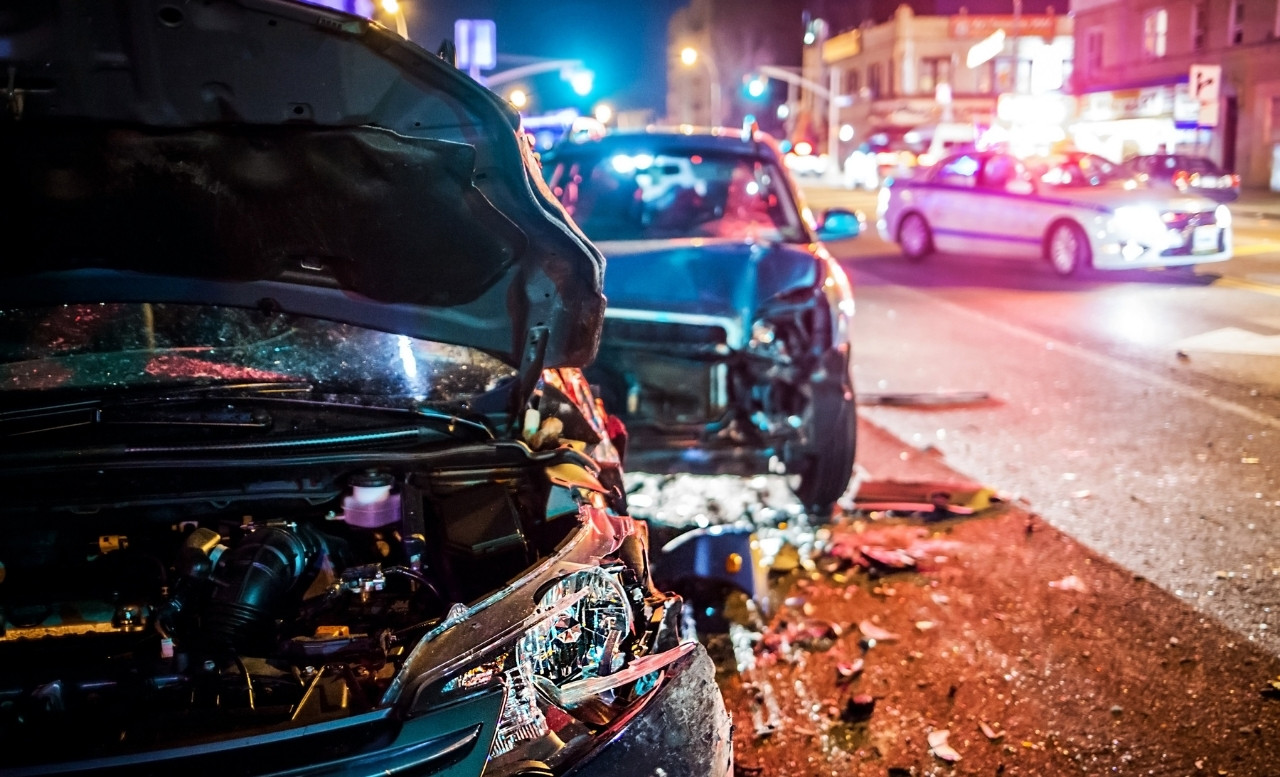Caitlin: a retrospective

Making his way through an obstacle course of hastily-strewn coats and bags, inadvertent shoulders and protruding legs, Mikal found his date for the evening waiting already by the bar. "Caitlin?", he inquired. She stood about 5'10" in a pair of well-worn combat boots, into which faded black jeans were carefully tucked. Juxtaposed with the skinny-fit denim, she wore an oversized band t-shirt and men's leather jacket, unbuttoned. Her make-up was minimal, with vaguely smokey eyes and dark, plum lips, hair swept back unfussily.
Taking in her overall impression—cohesive, curated—Mikal felt a pang of faint embarrassment: a swelling sense that his comparatively haphazard appearance was somehow inadequate.
"So essentially regional inequality in Peru: before, after—and I guess also during—the War of Independence", Caitlin explained. "But enough about me", she added quickly. "What do you plan to do, after July?". Mikal offered that his sister was staying in Genoa presently, and that in the short-term, at least, he would stay with her. Beyond that—he conceded—he had no idea. "I've always thought maybe the US, though, you know?", he trailed off aimlessly, having continued mostly in deference to Caitlin's kind, expectant gaze.
For those three months in the spring of '79, Mikal and Caitlin were seldom apart—their relationship a refuge, a cosy limbo between carefree undergraduate days and adulthood proper from which, contently cocooned, the pair were reluctant to emerge. Years later, a former friend of Mikal's would recount that the latter had, at the time, said of the whole episode only that it filled him with "a terrible sadness".
Having been agreed upon from its outset, the terminus of their affaire du coeur arrived with a romantic inevitability. A third-rate love story might have had the pair guess hopefully at each other's intentions, or else realise the now-obvious folly of their ways later on, at some improbable reunion. In reality, though, the two took their separate paths steadfastly and without ceremony—her to Edinburgh, him first to Genoa and then in a roundabout way to Idaho.
There were of course occasions—weaker moments, perhaps—where Mikal entertained the idea of making contact with Caitlin. One drunken evening in the grim, single bedroom of some anonymous motel—still married—he permitted himself the sort of melodramatic speculation that begins with a harmless "what if" and ends invariably with half-formed regret, wavering between plausible vagueness and torturous specificity. In the glaring sobriety of morning, Mikal turned to simpler, familiar, innocent questions: where is she now? Does she ever think about me still? Is she happy?
A year later, following a wearisome but more or less amicable divorce, Mikal would return to these questions for a final time, culminating in his learning—as if by cruel karma for having reneged on their agreement—that Caitlin had passed away some time in the mid 1980s, about twenty years prior, and only some four years after their parting.




